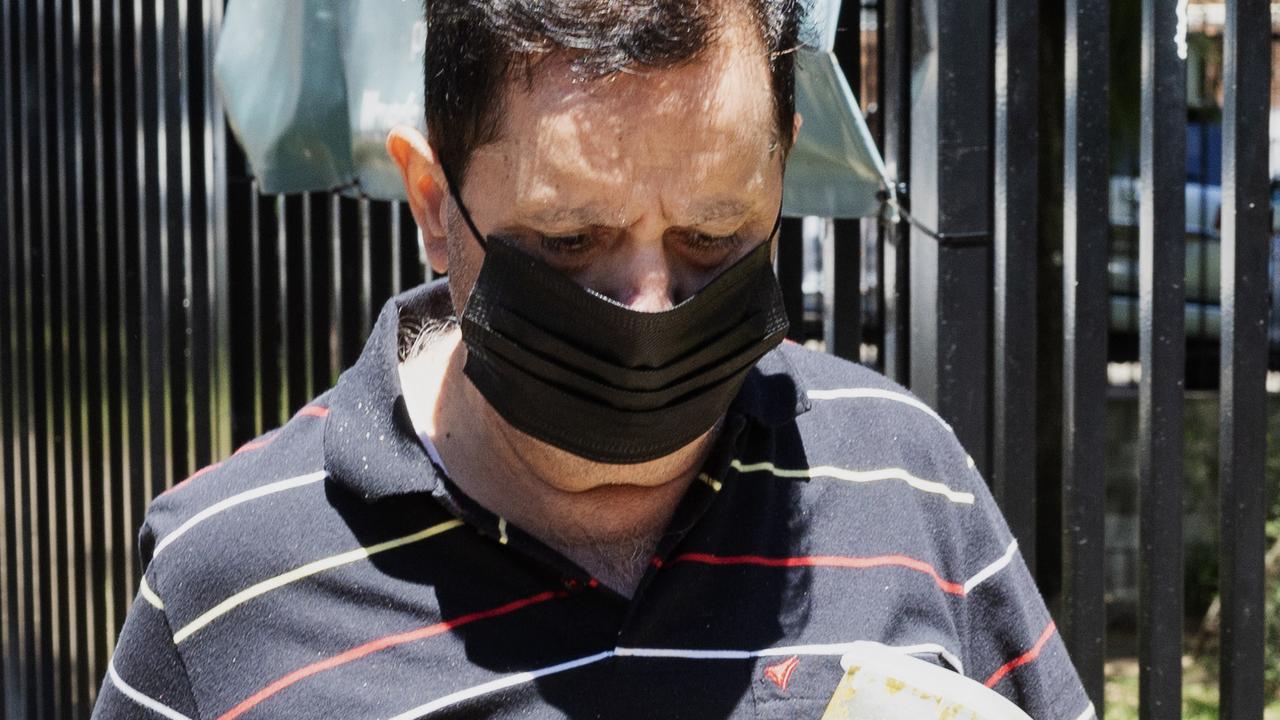Making Sydney city a safer place to work and play after dark
Sydney’s new top cop and others in the know reveal why a safer city for women, no matter the hour, is in everyone’s best interests.
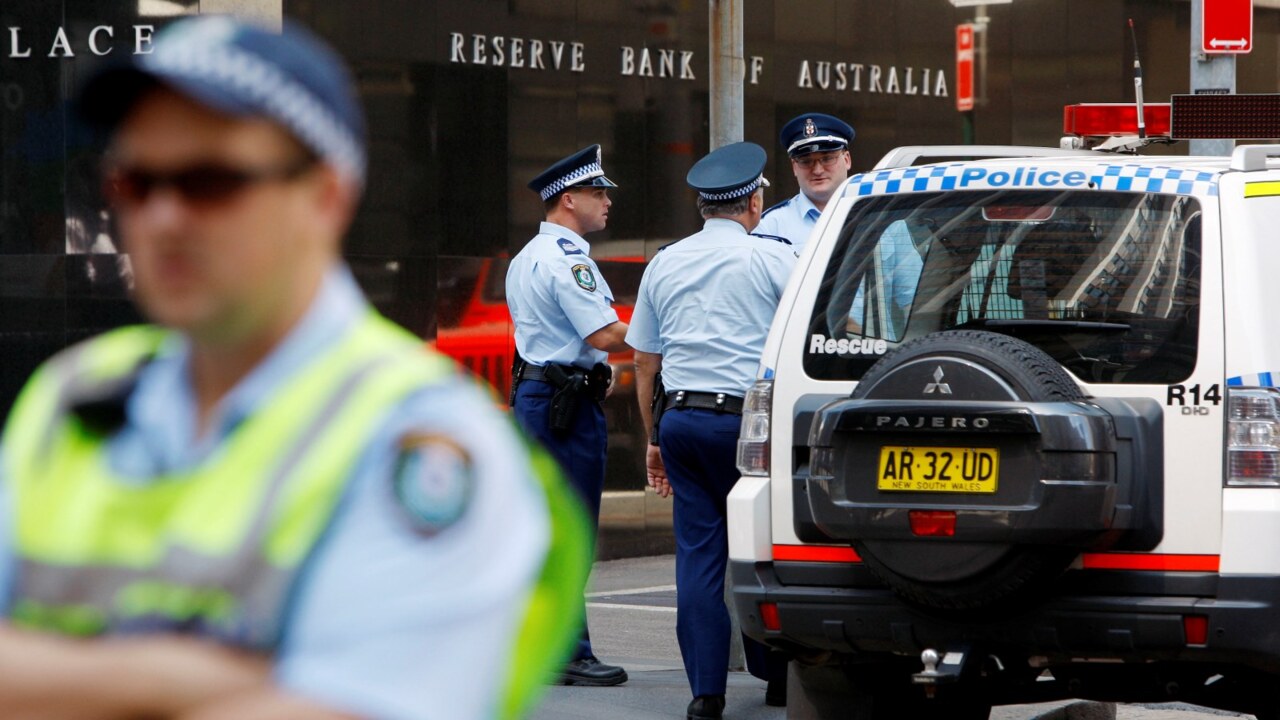
Wentworth Courier
Don't miss out on the headlines from Wentworth Courier. Followed categories will be added to My News.
It’s tempting to think the emphasis of Detective Superintendent Martin Fileman, the new Sydney City Police Area Commander, on women’s safety at night was inspired by this year’s national Jobs and Skills Summit, held a few months ago, which looked at new ways to bring women back into the workforce.
“If you want an economy that functions seamlessly around the clock, we need to be able to create safety for all workers, and that means women,” Fileman explains.
“Because a place that’s not safe for women is not safe for anyone,” he adds, in a comment that echoes across the city.
“In the new economy, all sorts of roles require workers to be at work outside the classic 9am to 5pm. For example, a lot of new data entry jobs finish after 11pm.”
But Fileman’s commitment to a police Women’s Safety Charter is actually a coincidence – and it grows out of something ugly.
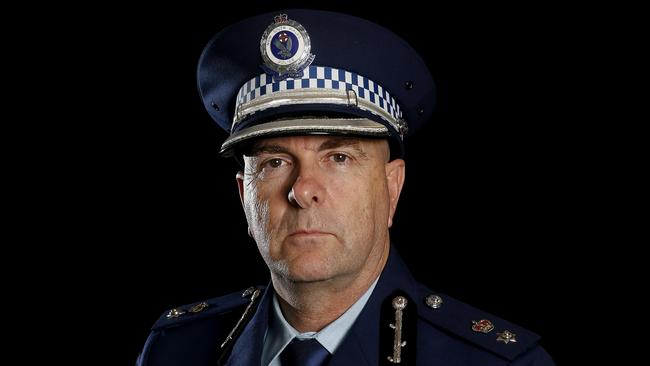
The 2019 report by the Bureau of Crime Statistics and Research shows assaults in Kings Cross decreased by 53 per cent in the five years of the NSW lockout laws, which started in 2014.
Yet while much effort has been put into lowering crime linked to alcohol consumption in entertainment quarters, through initiatives such as the now removed lockout laws, we still have a problem.
Hidden in plain sight as we watch other violence go down is the dogged consistency of violence against women – not only domestic violence but violence in public places.
Alcohol plays a role in this violence. Police figures from 2019 show 31 per cent of non-domestic violence assaults and 32 per cent of sexual assaults involved alcohol. This is on a par with the 30 per cent of domestic violence assaults which involved alcohol. And all of these crimes have gone up over the past five years.
“Sexual violence in public spaces continues to be a major problem in our cities and has a major impact on freedom of movement for women and girls,” points out Wendy Were, executive director, thought leadership and engagement with the Greater Cities Commission, which has led the way on initiatives to improve women’s safety across Sydney.
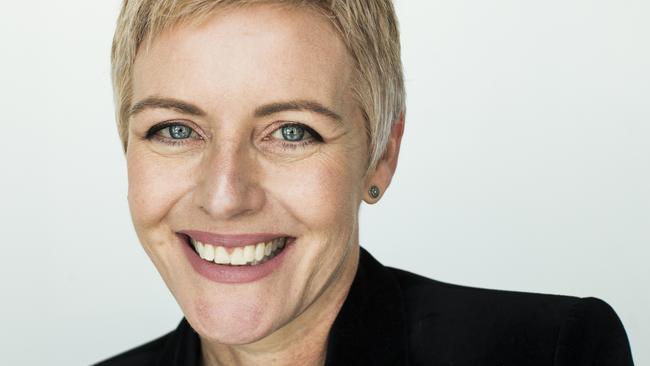
“And the evidence shows it’s only become worse since the Covid-19 pandemic. This threat means women and girls can’t participate in the workforce, in recreational activities or access services in the same way that men can,” Were (pictured above) says.
“This is a moral issue, a social issue and an economic issue. Yet we still have very few policies and laws that address gender-based harassment and other forms of exclusion, discrimination and violence against women and girls in public spaces.
“If we can make our cities safe for women and girls, they’ll be safe for everyone.”
Working with Transport for NSW and the Committee for Sydney, the Greater Sydney Commission developed its Women’s Safety Charter to enable all women and girls to participate in and move through our cities.
But Fileman says four things have brought about cultural change which is helping address the problem.
The first is the lockout laws already mentioned. While violent crime went down in hotspots, it continued in other places, including homes.
“This highlighted the role of alcohol intoxication in crimes against women,” Fileman says.
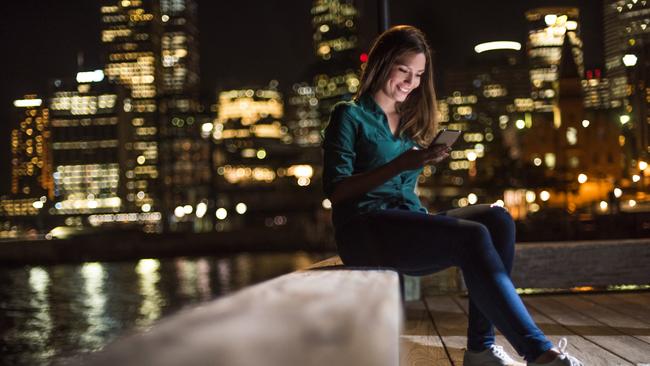
Then, in 2016, Melbourne’s Monash University ran its Free to Be study, asking women to drop pins – happy or sad – on places they loved, avoided, felt safe in and those that could be improved.
No surprise to women, it showed many women felt the same way about many places. So fears weren’t personal and private. They were real and universal with objective explanations. So the solution to making women feel safer was to make unsafe spaces safer.
“In 2018 the project was brought to Sydney and we’ve watched this closely. We’ve asked what if a Sydney pub was a place that a woman went to feel safer – rather than a place where the threat of violence or sexual assault turned her off,” Fileman says.
Then the #MeToo movement emerged in 2019.
“#MeToo is still a significant force for driving safety amongst women because it made women feel safer about reporting their safety concerns to police,” Fileman says.
“Then came Covid lockdowns. Again, there was a significant reduction in reported violence against women in city spaces – although not in private homes.
“These have all changed the context, the way people see violence against women – respecting not just that it’s a problem but that the problems can be fixed.
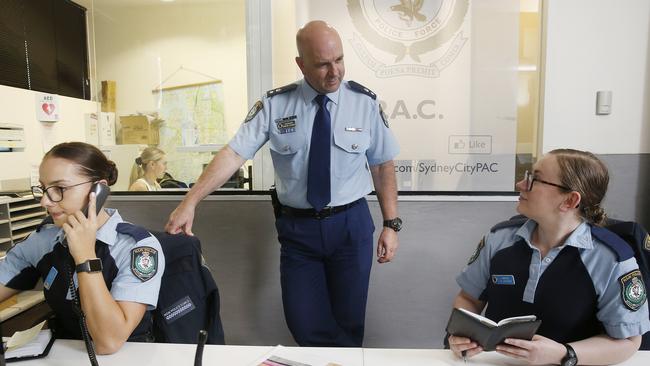
“Make it safer for women and a whole lot of seemingly unrelated crime indicators go down.
“For example, we discovered in our research that hot times and days for violence against women include 6pm to midnight, followed by midnight to 3am on Friday and Saturday nights. This is in line with alcohol-related crime and not an indication of random assaults upon women in public places or leaving a workplace.
“Solve those problems and you’ve not only got a radically safer city, but a much more interesting place for everyone. And then a more effective economy, transitioning smoothly between daytime and night-time. You’ve got a better place to work, a better place to live and a better place all around.”
Today, NSW police and business owners get together every quarter to discuss their issues and from September Fileman started publicly presenting the link between alcohol, safety generally and women’s safety.
“One word differentiates the climate of liquor licensing management and that’s ‘transparency’. Owners realise they have a duty of care and a responsibility to their patrons.
“It’s also a matter of business leaders realising we are not there to impede the night-time economy.”
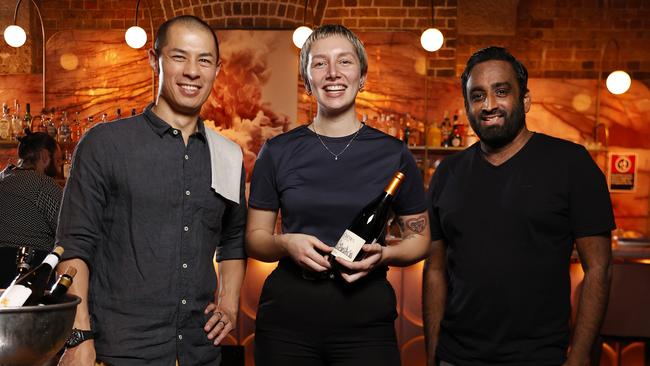
Fileman is working with Paul Nicolaou, director of Business Sydney, and Michael Rodrigues, the 24-hour economy commissioner, on resetting the feel of the city by making it safer for women.
The new 24-hour Economy Commission began in March 2021, led by Rodrigues, who previously chaired the Night Time Industries Association, which aims to improve the relationship between night-time industries and the wider community.
When Covid lockdowns hit just as lockout laws were repealed, Rodrigues saw it as an advantage. With more flexible working hours and fewer revellers automatically congregating in the city, the city came under major economic threat, so local and state levels of government pulled in behind a commitment to get the city’s vibe back.
“Lockout is a distant memory,” says Rodrigues.
“Safety has always been, and will always be, a key part of my office’s work. The Office of the 24-hour Economy Commissioner works closely and productively with NSW Police and other key agencies to promote safety as part of the going out experience.
“It’s vital that the public have confidence that they can go out at night in the safest manner possible. This includes venues that take the wellbeing of their patrons seriously, as well as access to safe and reliable transport.”
Nicolaou has a similar view.
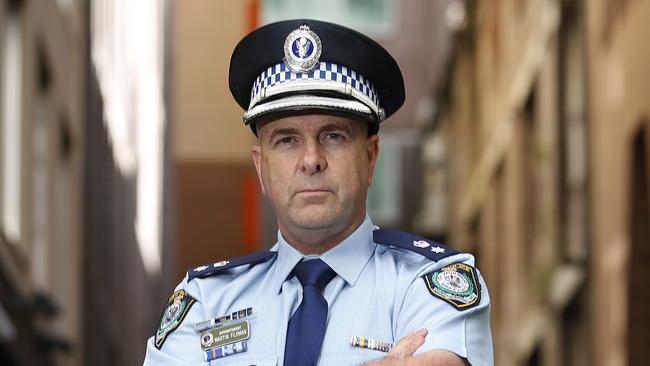
“From its inception three years ago, Business Sydney has supported the Greater Sydney Women’s Safety Charter in its goal of bringing together businesses, government agencies and peak groups to improve the safety of women and make the city safer for women of all ages,” he says.
“We strongly support the work of the NSW Police in making women’s safety at night a priority as everyone feels safer and more likely to be out at night if there are more women around.
“Better late-night transport options, footpath and street lighting and other infrastructure will enable women and girls to feel safer and more confident participating in the city’s social, economic and cultural life, particularly at night.”

